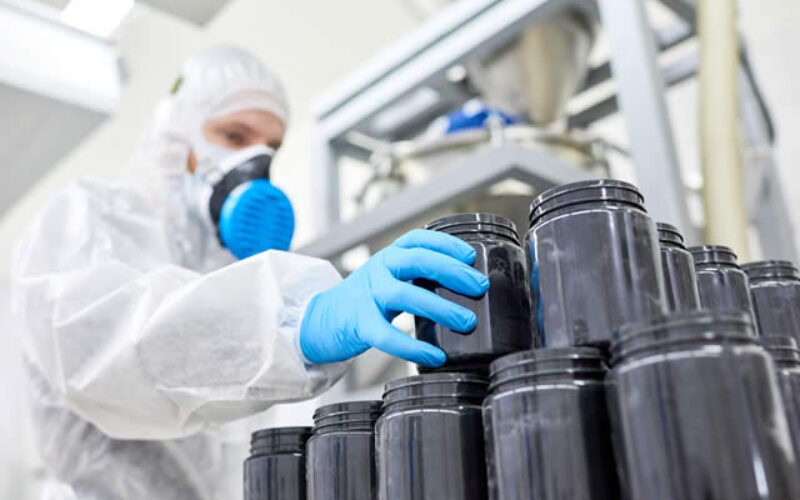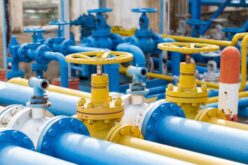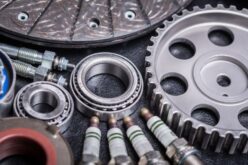One of the common categories of materials that requires several safety measures is gases. While their danger rates vary, they all require special handling.
For some gas safety tips for laboratories, read below.
Gas Cylinder Storage
The stability of many gases depends on the environment in which they’re stored. They should be stored in a cool, dry space well away from heat.
The heating of a gas cylinder could cause an explosion or, at the very least, cause the pressure relief valve to start to gas. Flammable gases should be stored completely separate from cylinders containing oxygen or hydrogen which could help ignite them.
Cylinder Cap Removal
Every cylinder has a cap that will have to be removed as a first step to release the gas. These caps are in place to protect the valve where the gas travels through.
Caps are generally designed with a 1” hole that allows venting which prevents pressure from building up within the cap.
However, this precaution doesn’t mean you should be careless with cap removal. The gas is highly pressurized and could cause inhalation or even an explosion.
Inspect Cylinders Every Three Years
Once every three years, inspect all the cylinders you’re using. The purpose of checking cylinders is to make sure they haven’t deteriorated which could lead to leakage.
Gas leaks are extremely dangerous in a lab, considering the kinds of chemicals and materials in such an environment. Cylinders containing corrosive gas should be inspected every two years. Corrosive gas leaks cause eye, skin, or lung irritation as well was bodily injury.
Proper Handling of Hydrogen Cylinders
This is one of our gas safety tips for laboratories that is very specific, but for good reason. Hydrogen gas is very unstable, and thus, hazardous to handle. However, it plays a key role in certain types of analysis, which makes it a necessary addition to some laboratories.
For this reason, laboratories should invest in hydrogen cylinders and keep them in a designated space with plenty of room. You can even use special piping made of copper or stainless steel to connect the hydrogen cylinders from an outside location to the laboratory. Just note that a professional will need to inspect this pipework regularly for any leaks.
other valuable tips:
Never Use a Cylinder’s Full Contents
Using the entire contents of a gas cylinder is unwise for a couple reasons. When cylinder is getting down to the last 10%, it will start to contain moisture, hydrocarbons, and other impurities. This makes the substance contaminated which could lead to your instruments getting contaminated, as well.
Always making sure your instruments are clean is one of the important pro tips for handling specialty gas equipment. This means your gases need to be clear of all possible impurities.
Image Credit: gas safety tips by envato.com
end of post … please share it!
GUIDE: business selling steps
-------------------------------------------------------------------------------------------------------------
-------------------------------------------------------------------------------------------------------------
home remodeling reference (links to internal page)
 |
 |
 |
 |
| directory | photos | forms | guide |
Helpful article? Leave us a quick comment below.
And please share this article within your social networks.












